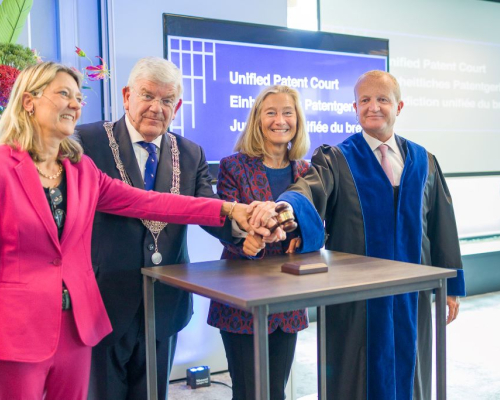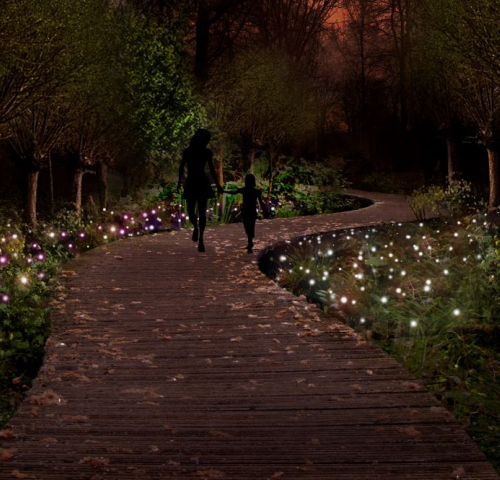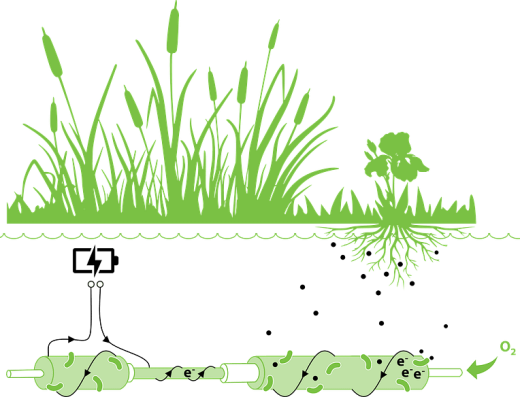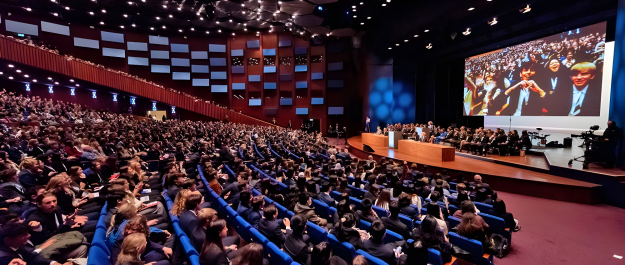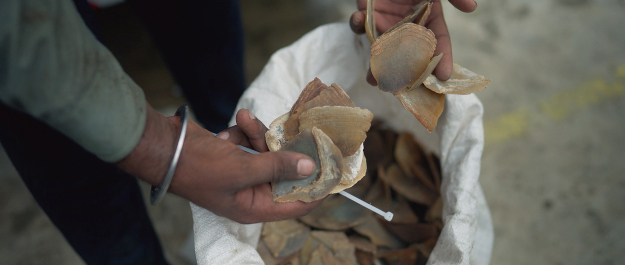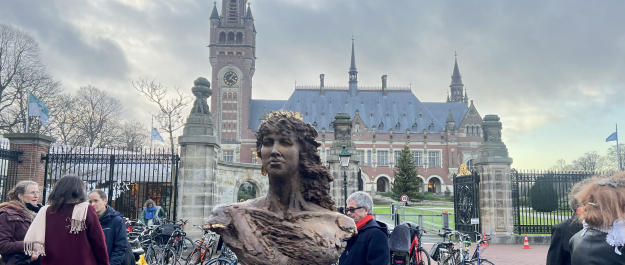Companies bring patent cases all the time as they seek to protect the integrity of their new technologies and intellectual property. Usually these cases involve bringing an action against a domestic rival in a national court. But what happens when a company feels their ideas have been copied or stolen by companies in other countries? Trying to navigate complex patent infringement laws across multiple jurisdictions can be costly and time-consuming, and many companies simply have to accept that their patented technology may be replicated for profit in other countries.
The Unified Patent Court (UPC)
But all that is changing thanks to the formation of a new international court that has streamlined European patent law. The Unified Patent Court (UPC) has been decades in the making, and is designed to make it easier for companies to bring patent infringement cases in up to 17 EU countries at the same time, via a single action.
The UPC brings patent justice to the international stage
The UPC is the first court in the world to hear civil cases on an international scale, and it opened its doors on June 1st 2023. It has ‘central division’ courts in Paris, Munich and Milan, and further regional offices all over Europe hearing cases of patent infringements for companies of all sizes. It is already processing more than 50 cases featuring some of the most prominent companies in Europe - including electronics giant Panasonic, which has filed seven infringement claims at the UPC against various subsidiaries of rivals Oppo and Xiaomi.
The Hague: Home to the UPC in the Netherlands
The Dutch regional office of the UPC is located in The Hague, adding to the city’s reputation as an international center for peace and justice. The Hague already plays host to the International Criminal Court (ICC), and is also the home of the domestic patent court in the Netherlands, so it is the perfect location for hearing international patent infringement cases that have affected Dutch companies.
Dutch influence is notable throughout the long history of the UPC’s formation. Two of the original eight-strong drafting committee hail from the Netherlands - including its Chairman - while The Hague is also already the focal point for domestic patent litigation in the Netherlands, making it a natural focus for international cases, and a leading light in the Court’s evolution.
Plant-e is bringing actions against Spanish company Arkyne Technologies for patent infringements in countries across Europe - a move that would have been very difficult under prior patent law.
“The Unified Patent Court has allowed us to protect our technology in multiple European markets without having to resort to costly and complicated individual actions in different countries with different rules. We can now coordinate everything locally in The Hague, which makes the whole process more streamlined and manageable.”
Saving time and removing complexity
One of the many issues faced by organizations like Plant-e, who are trying to protect patents in multiple jurisdictions, is the huge level of complexity. Prior to the founding of the UPC, a company wishing to pursue patent infringements in multiple countries would have to file different actions in each country. This means navigating different languages, different judges, and hugely diverse and contradictory rules, many of which are rooted in centuries-old legal precedent. Filing these types of cases can be costly and complicated, sometimes taking years to resolve.
The UPC has the benefit of being built from scratch by some of the most respected figures in international patent law. Judges and lawyers from Germany, the Netherlands and the UK worked tirelessly for several years to put together unified rules that were driven by common sense and unencumbered by legacy legal precedent. More than 300 provisions have been included, ensuring the process is comprehensive, but logical and easy to navigate. Updates to all cases are communicated online, and there is an iron-clad commitment to clearing all cases within one year - highlighting the transparency and efficiency of the programme in an area of law that has traditionally been accused of being frustratingly slow and inefficient.
Unified Patent Court
For more information about the leading forces of the Unified Patent Court, contact Wouter Pors of Bird & Bird
Plant-e Case
For more information about the Plant-e Knowledge BV case
About Plant-e Knowledge BV
For more information about the technology of Plant-e BV and how they generate light out of plants, please visit their website
